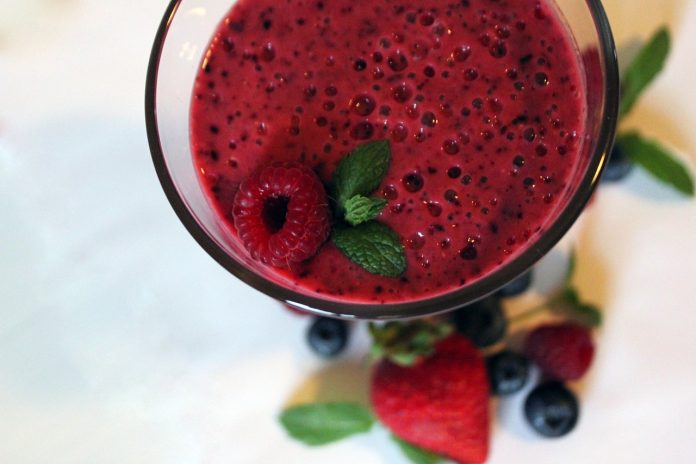
When people eat fewer than 900 calories, any food eaten including protein and fat is broken down into glucose to provide fuel for the body. Protein and fat are very expensive fuels. You can only convert 70% of the protein and 30% of the fat to glucose. The nitrogen waste from the scavenged protein is excreted in urine. This leaves no protein for repair or building lean tissue (muscles and organs). Remember that body cells are breaking down every day and need to be replaced using the protein you eat.
Problem is your body needs much more than 900 calories a day for fuel. In the first couple days of a low carbohydrate diet, your body will burn glycogen (stored glucose) in your liver which provides about 1500 calories. That stored fuel doesn’t last long. Muscle also stores glycogen primarily for use in physical activity. Glycogen attracts 3 times as much water by weight which is why low carbohydrate diets cause loss of water. Not a true loss of body fat.
When the liver glycogen is depleted on diets containing fewer than 130 grams of carbohydrates and less than 1200 calories, ketones are created when your body starts breaking down food protein, muscle, and organs to provide glucose to fuel the brain and body. Your body’s first need is for fuel and will convert any source (food or lean tissue) to provide glucose in the blood in order to sustain life. At this point, your body is thinking a famine is happening.
Protein from food or lean tissue contains glucose in its chemical structure which can be scavenged for use by the brain and body for fuel. Quick weight loss diets claim they spare muscle protein, but in reality, they can’t. A diet high in protein and low in carbohydrates does not spare muscle protein from being broken down especially when calories are limited unless you eat enough carbohydrate (130 grams) to spare glycogen stored in liver and muscles. While your brain will run on ketones, it is not the preferred fuel like glucose.
Your body can and does take a stored fat (as triglycerides) and incompletely breaks it down into ketones, which can be used as a fuel source for muscles and organs. To completely break down body fat, you need glucose and oxygen. If glucose is not available for fuel by your limiting food sources of carbohydrates, your body learns to run on ketones, but your brain doesn’t like ketones. Your brain gets sluggish because it prefers to run on glucose. Like putting a very low octane gas in your high octane car. Your body continues breaking down muscle and organs to provide the needed glucose for brain tissue. The extreme of this is muscle wasting seen in anorexia.
As you continue on a high protein, low carbohydrate diet, the amount of ketones increases and ketosis occurs. Ketones are very irritating to your kidneys and they try to get rid of the ketones in urine while your body is trying to run on ketones the most available fuel source.


